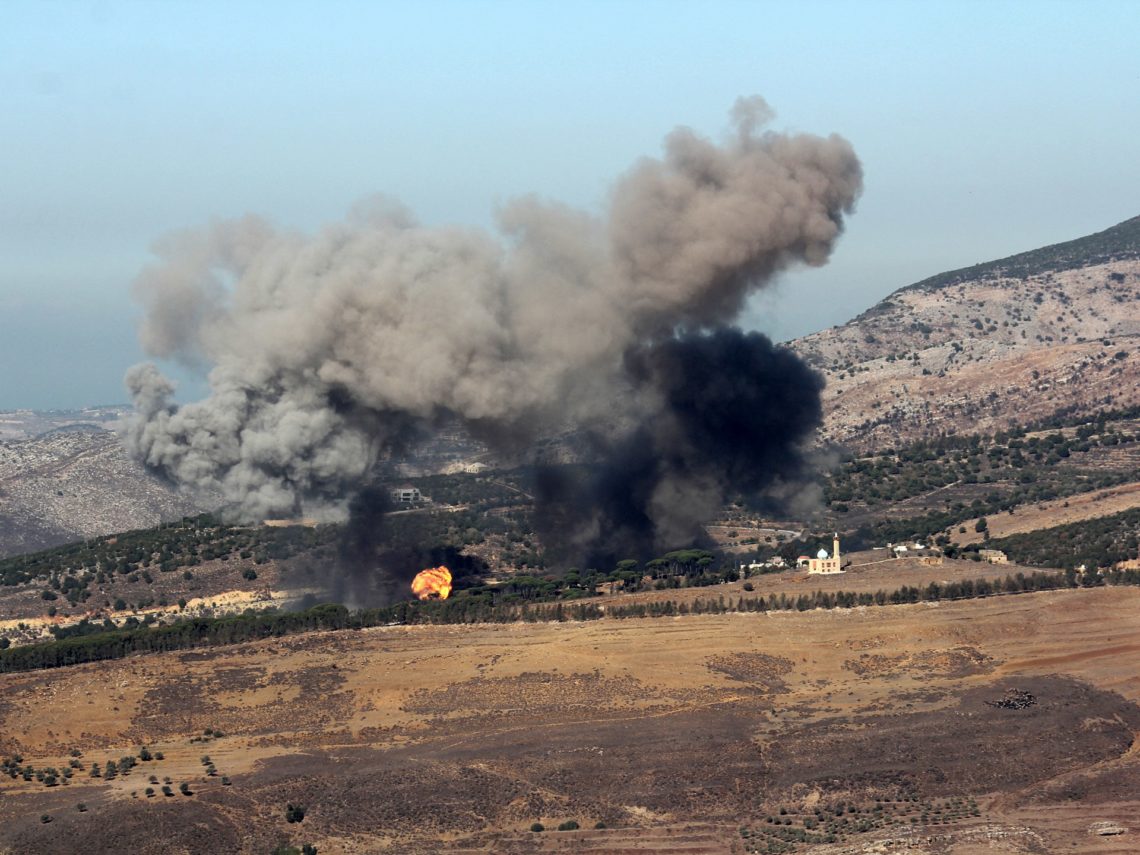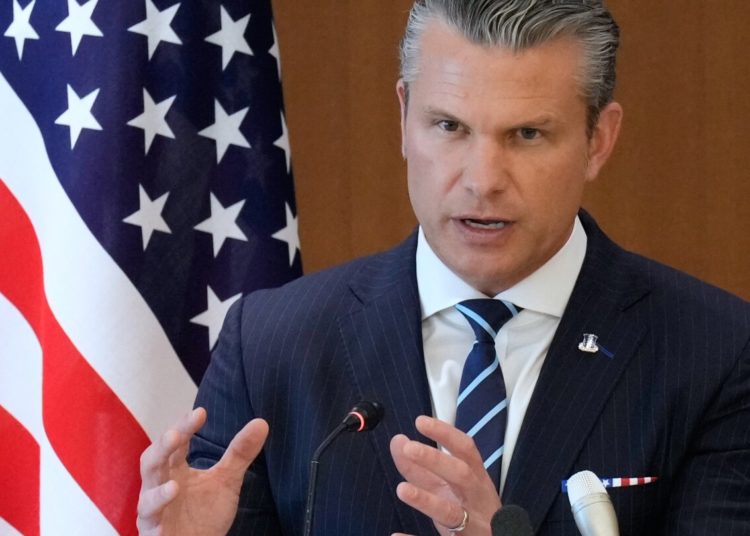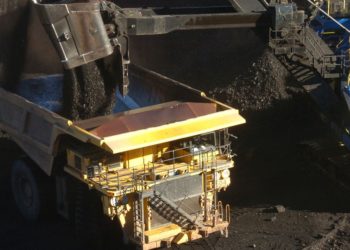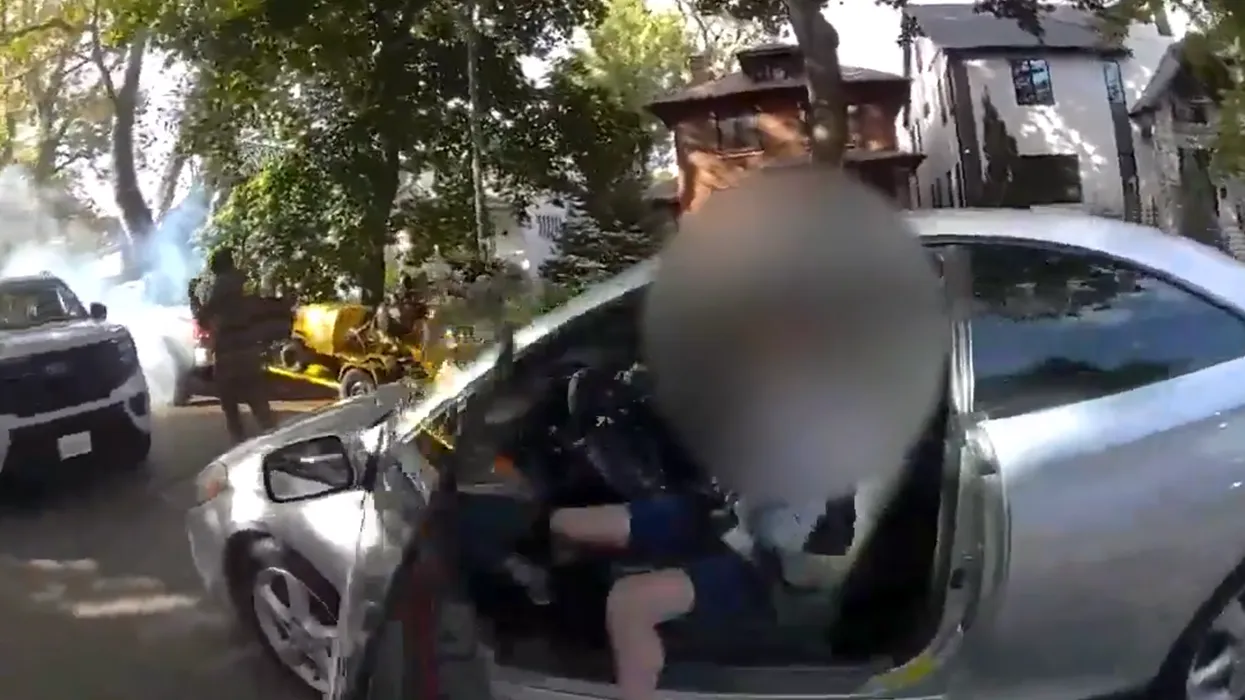Lebanese President Joseph Aoun has accused Israel of responding to its offer to negotiate by intensifying air strikes, the latest of which killed a man riding a motorbike in southern Lebanon.
Despite a November 2024 ceasefire, Israel has kept troops in five areas of southern Lebanon and has continued near-daily air strikes, repeatedly violating the truce. Israel claims it is targeting Hezbollah, but civilians have also been killed.
Aoun had called for negotiations with Israel in mid-October, after United States President Donald Trump brokered a ceasefire in Gaza.
“Lebanon is ready for negotiations to end the Israeli occupation, but any negotiation … requires mutual willingness, which is not the case,” Aoun said on Friday.
Israel “is responding to this option by carrying out more attacks against Lebanon … and intensifying tensions”, he added during a meeting with German Foreign Minister Johann Wadephul.
Lebanon’s official National News Agency (NNA) said an Israeli drone targeted a man on a motorbike in the village of Kunin on Friday. The Ministry of Public Health reported one person was killed and another wounded.
The Israeli military claimed it had “eliminated … a Hezbollah maintenance officer” who was working to re-establish the group’s infrastructure sites in southern Lebanon.
In a separate attack on Friday, a second strike targeted a building in southern Lebanon’s Nabatieh, the NNA said, adding that a missile struck the roof of the building.
The explosion echoed loudly, causing “heightened tension and panic among residents”, it said. No casualties were reported.
Confronting ‘Israeli aggression’
Friday’s strikes came a day after the Israeli military killed municipal worker Ibrahim Salameh in an overnight raid in the Lebanese border village of Blida.
Aoun ordered the army on Thursday to confront such incursions “in defence of Lebanese territory and the safety of citizens”.
“True patriotism means sovereignty, independence, and freedom,” he said. “Everyone in Lebanon has a responsibility to confront occupation according to their role.”
The Lebanese forces, unlike the armed group Hezbollah, have generally stayed on the sidelines of the conflict with Israel. But Aoun, a former commander of the Lebanese army, appears to have finally lost his patience with the Israeli-forced status quo.
In an address on Friday, Hezbollah Secretary-General Naim Qassem called on the Lebanese government to address Israeli violations and “achieve national sovereignty by expelling the Israeli occupation”.
Qassem urged the government to develop a plan to support the army so it can confront Israeli “aggression”.
Hezbollah first began launching cross-border fire at Israel following the outbreak of Israel’s genocidal war on Gaza in October 2023, kicking off a more than year-long conflict that culminated in two months of open war before last year’s ceasefire was agreed.
Israel has continued to carry out air strikes in Lebanon, killing dozens, including civilians, first responders and journalists, and has intensified the strikes in recent days.
Israeli attacks killed at least 25 people in October, including one Syrian, according to a toll based on figures from the Lebanese Health Ministry.
On Tuesday, the spokesman for the UN human rights commission, Jeremy Laurence, said Israeli forces had killed 111 civilians in Lebanon since the ceasefire went into effect.
Lebanese Foreign Minister Youssef Raggi asked his visiting German counterpart on Friday to “help put pressure on Israel to stop its attacks”.
“Only a diplomatic solution, not a military one, can ensure stability and guarantee calm in the south,” Raggi was quoted by the NNA as saying.
He added that “the Lebanese government is continuing to gradually implement its decision to place all weapons under its control”.
Hezbollah was badly weakened during the war, and the US has intensified pressure on Lebanese authorities to disarm the group, something it strongly opposes.
The post Lebanon slams Israel for intensifying attacks despite calls to negotiate appeared first on Al Jazeera.




